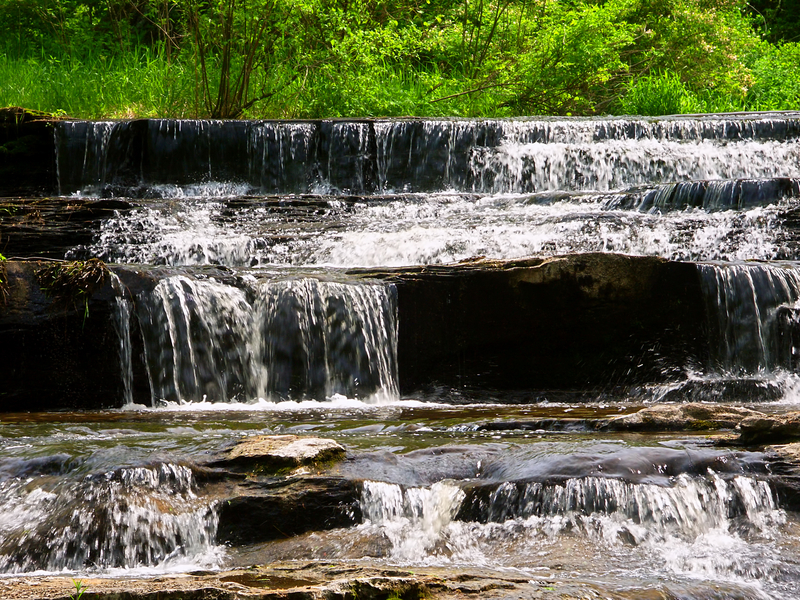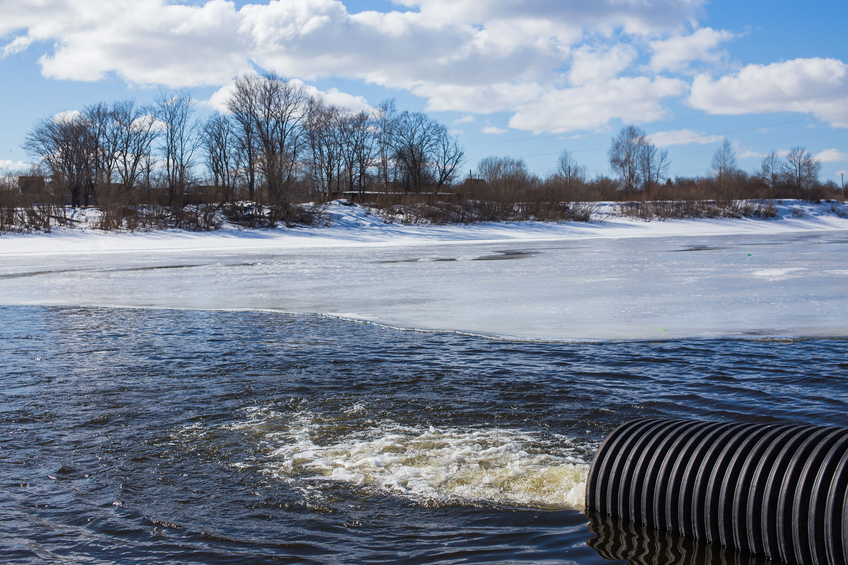Maryland Civil and Ethics 16 PDH Discount Package 3
Illicit Discharge Detection and Elimination (C05-002)
General Principles of Engineering Ethics (LE2-016)

This online engineering PDH course presents an overview of the occurrence and movement of groundwater. Procedures for planning and managing a site characterization and modeling study are then presented. This is followed by chapters addressing the technical aspects of field investigative methods and computer modeling. A final chapter discussing the interaction of groundwater and surface water is then presented.
Since it is not possible to provide specific instructions and/or specific procedures that are universally applicable to every situation that may be encountered, this course emphasizes the use of sound judgment and the development of a good understanding of basic groundwater concepts rather than providing specific guidelines.
This 9 PDH online course is applicable to civil and environmental engineers, as well as design and construction personnel involved with the study and analysis of groundwater flow.
This PE continuing education course is intended to provide you with the following specific knowledge and skills:
- Occurrence and movement of groundwater
- Planning a groundwater investigation and modeling study
- Field investigative methods
- Computer modeling of groundwater flow
- Interaction between surface water and groundwater
In this professional engineering CEU course, you need to review the US Corps of Engineers Publication EM 1110-2-1421, "Groundwater Hydrology".
Upon successful completion of the quiz, print your Certificate of Completion instantly. (Note: if you are paying by check or money order, you will be able to print it after we receive your payment.) For your convenience, we will also email it to you. Please note that you can log in to your account at any time to access and print your Certificate of Completion.

This online engineering PDH course presents EPA's BMP for identifying and eliminating non-stormwater discharges to storm sewers to improve runoff stormwater quality.
Non-storm water discharges are typically the result of unauthorized connections of sanitary or process wastewater drains to storm sewers. These connections are common, yet often go undetected. Non-storm water discharges can include discharges of process water, air conditioner condensate, non-contact cooling water, vehicle wash water, or sanitary waste.
EPA recognizes that these discharges are significant sources of pollutants, and unless regulated by an NPDES permit, they are also illegal. Therefore the EPA published the Storm Water Phase II Rule on
This 5 PDH online course is applicable to municipality owners and/or operators, construction contractors/workers, site developers, engineers, managers, and all other personnel involved in the detection and elimination of illicit discharges.
This PE continuing education course is intended to provide you with the following specific knowledge and skills:
- Types and methods of illicit discharges
- Applicability
- Siting and design criteria
- Maintenance and cost considerations
- Failing Septic Systems
- Industrial/Business Connections
- Recreational Sewage
- Sanitary Sewer Overflows
- Identifying Illicit Connections
- Wastewater Connections to the Storm Drain System
- Illegal Dumping
Once you complete your course review, you need to take a multiple-choice quiz consisting of twenty five (25) question ns to earn 5 PDH credits. The quiz will be based on this EPA publication.
Upon successful completion of the quiz, print your Certificate of Completion instantly. (Note: if you are paying by check or money order, you will be able to print it after we receive your payment.) For your convenience, we will also email it to you. Please note that you can log in to your account at any time to access and print your Certificate of Completion.

This online engineering PDH course presents the principles of engineering ethics that every engineer is expected to live by when practicing their profession.
Engineering ethics is (1) the study of moral issues and decisions confronting individuals and organizations involved in engineering and (2) the study of related questions about moral conduct, character, ideals and relationships of peoples and organizations involved in technological development (Martin and Schinzinger, Ethics in Engineering).
This course describes the fundamental legal concepts with which very engineer should be familiar. It also presents unique disciplinary case studies selected from across the nation, as well as hypothetical ethical challenges that demonstrate how difficult it can be to apply the code of ethics for engineers.
This 2 PDH online course is applicable to all professional engineers who are either required to fulfill 2 PDH in engineering ethics or are interested in broadening their understanding of what it means to practice and uphold the honor and integrity of their engineering profession while holding the utmost safety, health, and welfare of the public.
This PE continuing education course is intended to provide you with the following specific knowledge and skills:
- Understanding the common definition of ethics regarding engineering
- Learning about the important principles of the engineer’s professional responsibility
- Learning the do’s and don’ts through several ethical and disciplinary cases
- Understanding what it means to practise and uphold the honor and integrity of the engineering profession
Upon successful completion of the quiz, print your Certificate of Completion instantly. (Note: if you are paying by check or money order, you will be able to print it after we receive your payment.) For your convenience, we will also email it to you. Please note that you can log in to your account at any time to access and print your Certificate of Completion.